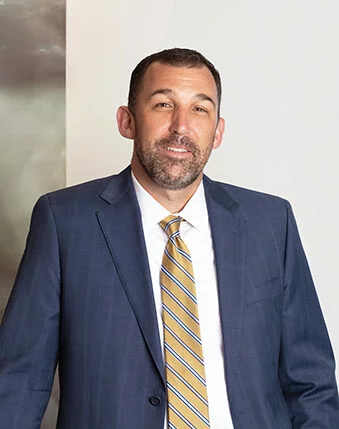MikLin Enterprises, the owner of 10 Jimmy John’s restaurants, recently learned the hard way that retaliating against employees who are engaged in legally protected activity can have serious consequences.
In recent years the International Workers of the World (the “Union”), began organizing Jimmy John’s workers at the approximately 1,4000 restaurants nationwide, and 40-50 in the Minneapolis/St. Paul metropolitan area. MikLin owns 10 of those metro-area restaurants, and the Union targeted workers at those 10 locations.
Union organizers and workers who supported unionization made the alleged unfairness of MikLin’s sick leave policy a hallmark of their efforts. Under the MikLin policy, employees were expected to find their own replacements for shifts when sick, and were not permitted to simply call in sick. That policy was updated in the spring of 2011 to include a points-based demerit system based on absences without finding a replacement to work the shift.
In late January or early February of 2011, Union organizers and employees began hanging posters on community bulletin boards in some of MikLin’s restaurants. The posters depicted two identical Jimmy John’s sandwiches, side by side. One, they indicated, was made by a healthy Jimmy John’s employee, the other by a sick employee. The posters noted that the customer would not be able to tell a difference. The authors hoped “YOUR IMMUNE SYSTEM IS READY BECAUSE YOU’RE ABOUT TO THE TAKE THE SANDWICH TEST…HELP JIMMY JOHN’S WORKERS WIN SICK DAYS.”
Management repeatedly removed the posters, but organizers and employees threatened to keep hanging them until their demands for sick leave were met. When no action was taken, they put posters on lampposts, trash cans, mailboxes, newspaper stands and other surfaces near MikLin’s stores. MikLin then fired six employees, and gave three others a “final warning.”
The Union filed charges against MikLin, and the National Labor Relations Board (“NLRB”) sued Jimmy Johns under the National Labor Relations Act (the “Act”). The Act provides employees with the right to unionize, and to engage in other activities for their mutual protection. MikLin claimed that putting up the posters was not a protected activity under the Act because it was, they claimed, they were disloyal, disruptive, and untrue.
After trial on February 14 and 15, 2012, an Administrative Law Judge agreed with the NLRB. The Judge found that terminating the employees was an unfair labor practice. He ordered MikLin to offer re-employment to those employees, with back pay plus interest, plus other benefits. The case is not over yet, as MikLin has the right to appeal the decision to the full NLRB. From there, appeals could conceivably continue all the way to the United States Supreme Court.
MikLin is not alone, and protections like these are not restricted to labor law and union employees only. Retaliation against employees who claim discrimination, harassment, who engage in whistleblowing, or who engage in a protected right, is illegal under numerous Federal and Minnesota statutes, and employers often find themselves in trouble after they “get back” at complaining employees. Steps can be taken to ensure that employers minimize the risk that they will unknowingly illegally retaliate against employees. Those can include implementing appropriate policies, offering appropriate employee training, and treating protected employees with care.
This information is general in nature and should not be construed as tax or legal advice.


